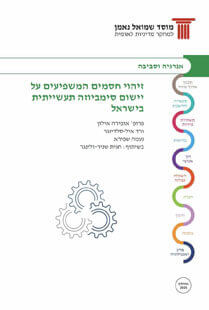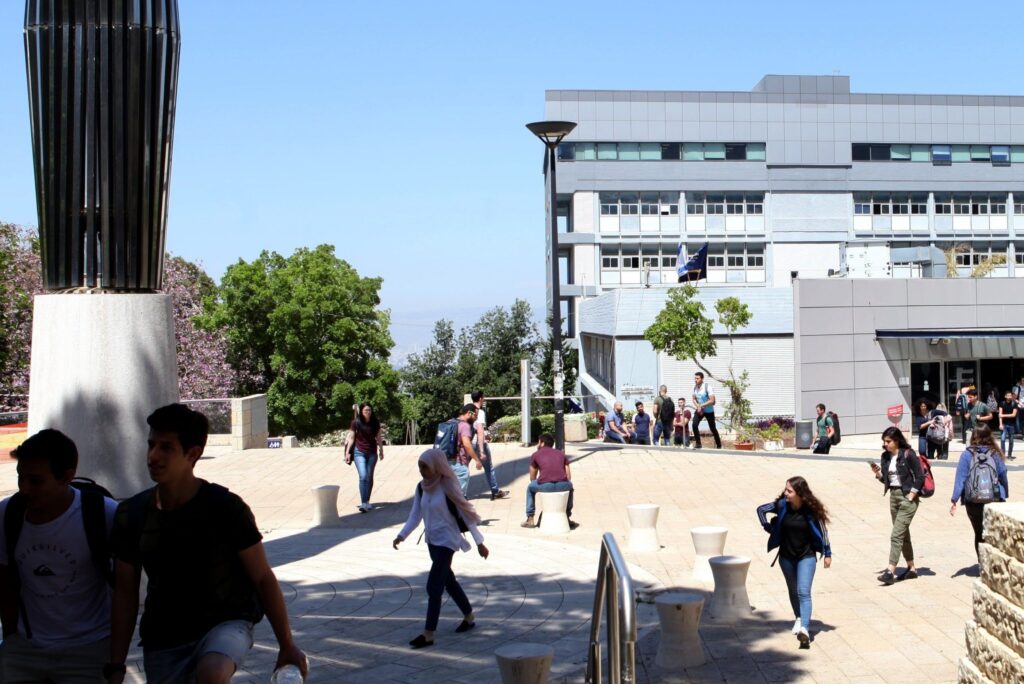Industrial symbiosis is defined as wastes or by‐products of an industry or industrial process that used as a resource or raw materials for another. The purpose of industrial symbiosis is to create loops of materials while minimising the leakage of natural resources as water, energy and waste – demonstrating some key parts of a circular economy, at a local scale and to create a situation closer to zero waste.
The main benefits of industrial symbiosis stems from the sale or delivery of waste and savings in the cost of treating it, as it derives from the regulation – treatment costs (sorting, neutralization, solidification, etc., depending on the type of waste), transportation costs, landfill costs and landfill levies. In addition, there is a benefit derived from saving virgin raw materials.
Industrial symbiosis produces a win-win situation, in which everyone enjoys and benefits, however, many barriers arise, and the full potential is not fulfilled. This study, which took place during 2019-2020, identified barriers and factors that influence the implementation of industrial symbiosis in Israel.












